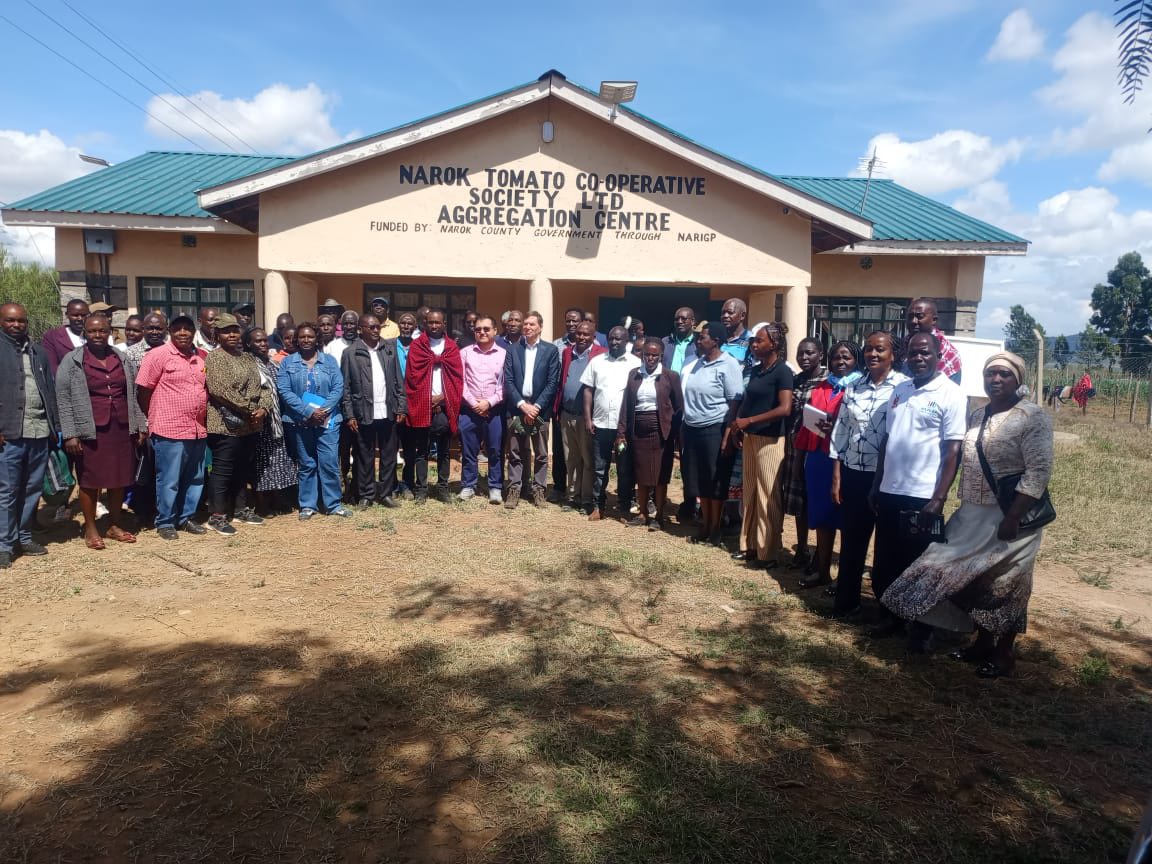In discharging their mandate in line with the fifth co-operative principle as published by the International Co-operative Alliance, co-operative institutions all over the world take the initiative of providing education and training for their members, elected representatives, managers and employees to enhance their capacity to effectively contribute to the development of their co-operative organizations.
That is to say, they in one way or the other inform the general public, particularly the youth and opinion leaders, about the nature and benefits of the spirit of co-operation in the co-operative movement.
It is critical to understand that, education is the main method for disseminating knowledge, education of the members of any cooperative formation, since it is the only approved method of procedure for spreading information about co-operatives’ both the rules of procedure and the principles of the cooperative enterprises.
It is equally important for any co-operator to understand that, co-operation can only grow with education and that education will have to include not only the principles and practice of the spirit of co-operation, but also the cultivation of the spirit of working together for a common purpose.
Therefore, education, more often than not is seen as an economic investment which pays for itself in higher productivity and effectiveness of the general society.
ALSO READ:
Meru County seeks to boost revenue with structured parking fees
Consequently, education and co-operation are two social practices which to some extent complement each other, with both of them entangling and empowering each other.
In a nutshell, education offers an ecosystem of opportunities to learn how to do things with others, something which forms one of the basic aims of co-operatives.
More often than not, education for the co-operative family means that people generally need to be familiarized with co-operative aims, and to a larger extent members need to be re-energized from time to time as they acquire new ideals and enthusiasm.
However, education may be technical in nature, but it is also used as a medium of giving instructions in cooperative methods and history in the co-operative movement across the world.
No wonder, a number of co-operative scholars globally concur that the co-operative movement is basically an instrument of education, simply because a good cooperative is a continuous source of education for the members.
For example if a cooperative society is a good one, then, the members are constantly learning something simply by being active members, meaning it is a school of democratic learning as it teaches members to respect rights of individual persons and their elected leaders.
ALSO READ:
Kakamega’s IG Sacco opens recruitment drive to reinforce workforce
It is worthy-mentioning that, a well-informed and enlightened co-operative membership is a requirement for the successful development of the cooperative movement.
In other words, the importance of informed membership in a co-operative enterprise formation arises from the fact that a co-operative institution is democratically owned and controlled exclusively by the members on the basis of one-man one-vote.
However, since every co-operative member have the right and duty to participate in all policy making decisions of the co-operative enterprise, it is only natural and wise that members should be well-equipped with the required knowledge for them to discharge their mandate effectively.
That is to say, they must be trained and equipped with the required knowledge, co-operative principles and ideals, techniques and methods of running a business organization.
And the more active and intelligent the members participate in co-operative affair is, the healthier the cooperative becomes.
It is against this background, one should concur that, since co-operative societies are business enterprises as well as organs of social progress, they will only be what the members, leaders and the executive staff make them to be.
The most urgent and perhaps the most critical task therefore is not establishing co-operative organizations, but to train co-operators to make them understand the advantages and conditions of working in common.
ALSO READ:
CS Kagwe calls for building of knowledge–driven agriculture to boost food security
Having people, in this case co-operators trained in co-operative ethical principles, will enable them familiarize themselves with the structure and methods of co-operative enterprises, hence have a clear conscious of both the immediate and the near distant future or general aim that needs to be achieved..
Therefore, it is important for co-operative enterprises to adopt co-operative attitudes through the gradual process of education and that progress in cooperatives should result from a variety of educational activities.
However, without education or continuous education and training, new members will not be able to fully understand the purpose and meaning of the co-operative organization which they have just joined.
It is through education, that different co-operative organizations will be able to maintain the zeal that initially led to their formation. And indeed, it is only a continuous programme of education that can keep the true spirit of the organization alive as it matures, since education in co-operative institutions encourages participation by everyone. More often than not, education provides a solid basis of understanding and agreement before taking action.
In conclusion, education for co-operative organization members also offers a perfect opportunity for training good citizenship that provides a broad sense of community responsibility. Therefore, until its members feel a sense of responsibility for and ownership of the organization, it will have a foundation unlikely to withstand a period of adversity.
By Ben Oroko
Get more stories from our website: Sacco Review.
For comments and clarifications, write to: Saccoreview@
Kindly follow us via our social media pages on Facebook: Sacco Review Newspaper for timely updates
Stay ahead of the pack! Grab the latest Sacco Review newspaper!



